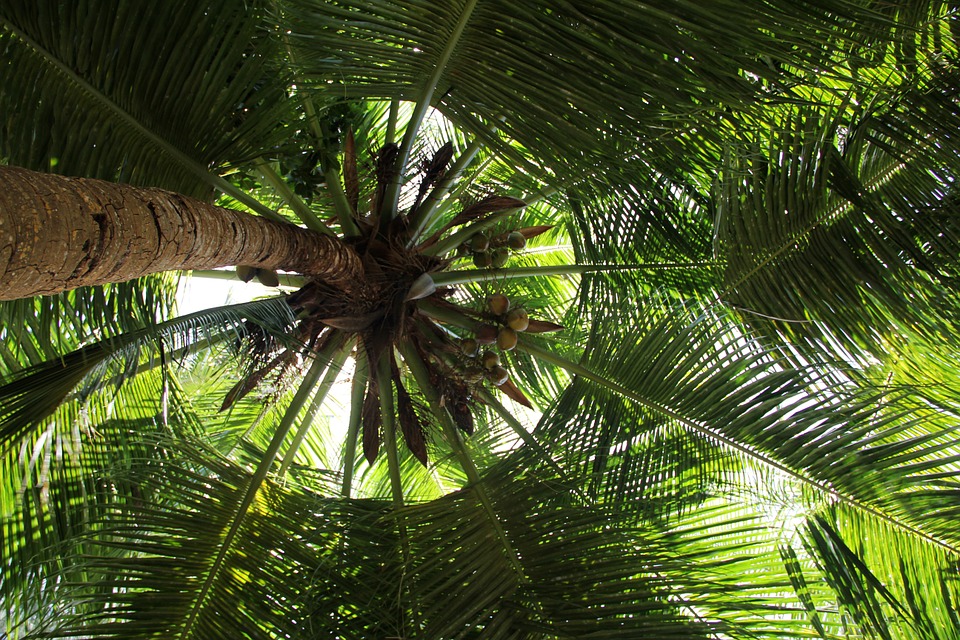Dignity Coco is located in Cagmanaba Barangay in the Philippines. It is a company which has been created to improve the employment, pay, safety and environmental situation in the town. Although many people have criticized the concept of having for-profit businesses built for positive social impact, the Chairman of Dignity, Don Byker, knows that it is possible. He believes because he is watching it happen.
The top managers of Dignity Coco, Byker emphasizes, strive to live the company’s positive social mission and create financial success. They have also seen that by tying mission and profits together, they are more likely to achieve both.
It is somewhat obvious that businesses have to make a profit in order to remain viable. But, the history of this type of business is that it can be difficult to have everything come together effectively. All one has to do is look at the recent bankruptcy of one of the largest worker cooperatives in the world in Mondragon, Spain to see that social mission and good business do not always go together. But, Byker stresses that the mission must always be ever present in one’s mind. Without constant focus, the mission will often be lost.
This may sound like a model for non-profit work, but it is not. In this type of social entrepreneurship, a fine balance of achieving social benefits and financial success is a must. “Dignity Coco shows that you can do mission through business.” Byker adds that this is only, “if you get the pieces right.”
Developing a social business that is bullet proof is hard. One has to be lucky and often be in the right niche. But, Byker also explains, “Progress I think is more important than business…caring is more important than winning.” He believes that nothing should come before the mission and warns that you don’t want to get the emphasis in the wrong place.
Dignity Coco has been profitable as well as effective from a social impact perspective. The company built its main production facility near the local farms where individual employees in the town wanted to work. Dignity also committed to having a majority of ownership of the company held by the employees who work in the Philippines. Owning stock in the company allows them to have participation rights in the firm’s equity growth. This way, Dignity Coco will be providing ownership, employment and fair wages to scores of employees.
Dignity Coco has seen financial success since its inception in 2010. At that time it was entering a relatively small coconut-based industry. But, Byker says, “It has since exploded.” Dignity Coco was originally going to provide only one product, virgin coconut oil. They soon witnessed that this approach wasted a great amount of coconut water and other byproducts. So they decided to expand the number of products that they export to six. They built farms and production lines locally in the Philippines. They then connected these facilities to the global market, providing largely successful international sales of coconut shell powder, fiber, virgin coconut oil, coconut skim water, coconut milk and coconut flour. This allowed stakeholders, investors, as well as employees, to profit. Byker, and all the people involved with Dignity Coco, hope that this economic profit will decrease crime and poverty in the local areas where their production plants are located.
John Hoffmire is director of the Impact Bond Fund at Saïd Business School at Oxford University and directs the School of Business and Poverty at the Wisconsin School of Business at UW-Madison. He runs Progress Through Business, a nonprofit group promoting economic development.
Thomas Steele, Hoffmire’s colleague at Progress Through Business, did the research for this article.
Visit the Dignity Coconut website and make a donation if you would like Act Now





